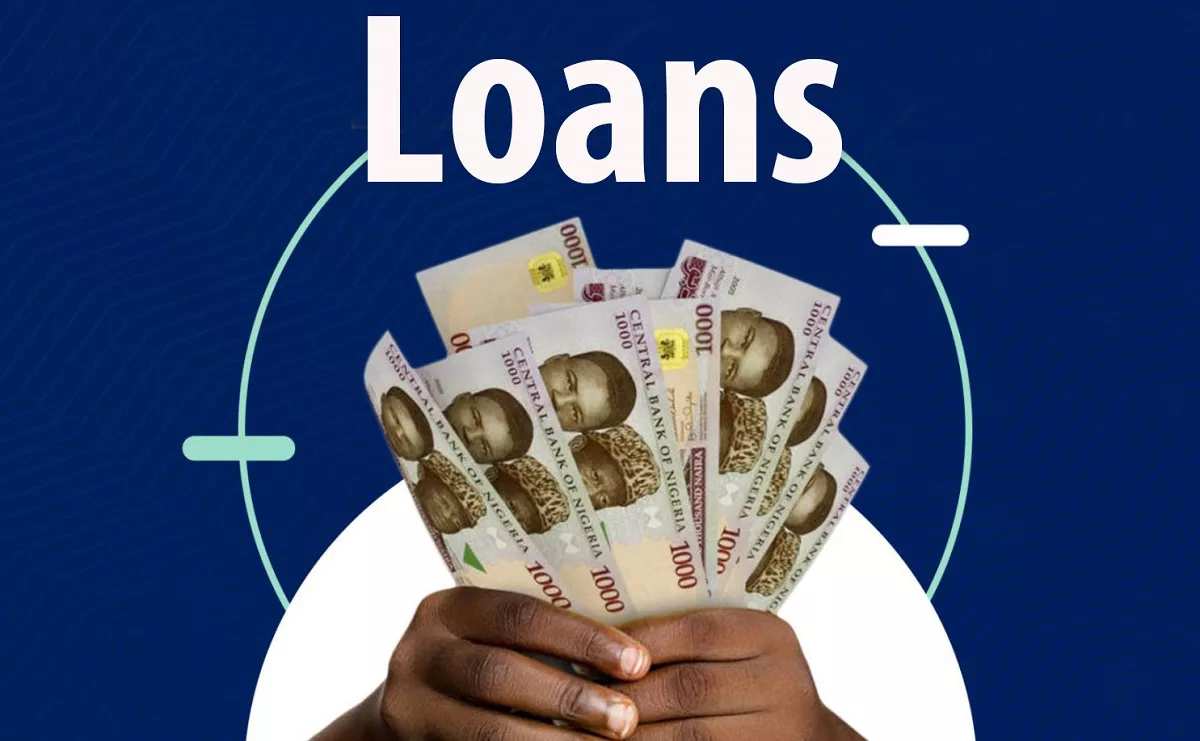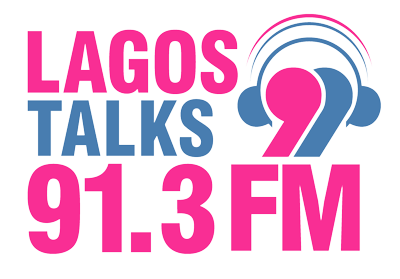Nigerians are increasingly turning to loans as a means of coping with escalating living costs, according to a recent report by the Central Bank of Nigeria (CBN).
The report, which provides a comprehensive overview of the economic situation as of January 2024, indicates a significant increase in consumer credit, reflecting the financial strain many Nigerians are facing due to heightened inflation.
Consumer credit saw a notable jump of 12 percent, reaching approximately ₦3.9 billion in January 2024. The CBN’s monthly economic report highlighted that the total consumer credit outstanding increased to ₦3,823 billion in January 2024, a clear indicator of the growing reliance on borrowed funds among Nigerians.
A closer look at the figures reveals a marked rise in personal loans, which surged by 14.3 percent to ₦3,028 billion from ₦2,649 billion in December 2023.
This increase underscores the growing necessity for personal financing amidst economic hardships. Retail loans also experienced growth, albeit at a slower rate, rising by 4 percent to ₦795 billion. Personal loans now constitute 79 percent of consumer credit, while retail loans make up the remaining 21 percent.
Despite the increase in absolute terms, consumer credit as a share of total credit from Online Data Capture Systems (ODCs) saw a slight decline, dropping to about 7 percent from 8 percent in the previous month. This shift suggests a broader distribution of credit or perhaps a tightening in the availability of consumer-specific loans.
The backdrop to this rising dependency on loans is the soaring inflation rate, which the National Bureau of Statistics (NBS) reported at 33.95 percent in May. This inflationary spike has forced the CBN to hike interest rates consecutively, with the current rate standing at 26.25 percent.
The rapid increase in the cost of living has plunged Nigeria into one of its most severe economic crises in recent memory, leaving many citizens struggling to make ends meet.
A recent study by SBM Intelligence found that 27 percent of Nigerians, spanning various income levels, now resort to loan apps to manage their living expenses amidst the record inflation.
This trend highlights the pervasive financial distress and the extent to which individuals are willing to incur debt to sustain their livelihoods.
For more news https://lagostalks.com/news/














